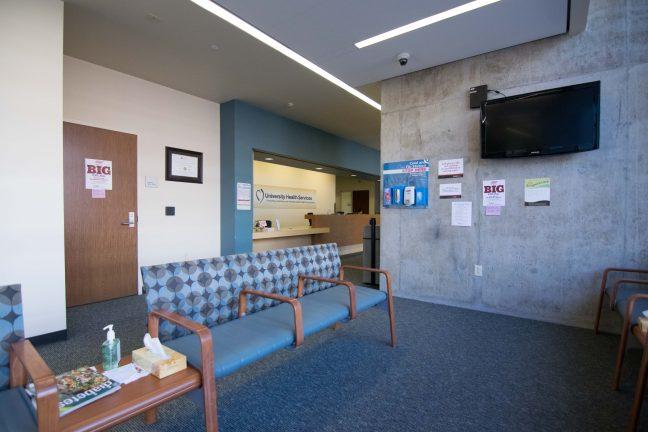It is well-known that bullying has a negative influence on the mental health of young children, but new research has found that bullying also changes brain development in adolescents.
Long-term impacts of bullying may include but are not limited to: anxiety, depression, increased feelings of sadness and loneliness, and changes in sleeping and eating patterns. Aside from the physical impacts of bullying, those who are bullied have lower grade point averages and standardized test scores.
Bullying is defined as any behavior where someone attempts to intimidate someone else.
“It’s intimidation, intent to create fear … it’s really more about power than anything else.” said Dr. Dipesh Navsaria, from UW School of Medicine and Public Health.
Dr. Navsaria is also president of the Wisconsin Chapter of the American Academy of Pediatrics, and was interviewed by WPR about this new study. He described the long-term impacts of bullying as consequential to brain development.
The brain is sensitive, and how an individual interacts with the environment greatly affects it. Parts of the brain also differ in size according to what traits are most active, according to a UW study.
In people who are bullied, parts of the brain for “prosocial behavior, learning, curiosity and willingness to experience new situations are smaller,” Dr. Navsaria said. “Fear, self-defense, worry and self-preservation seem to be larger or more active.”
Trauma research on brain development has been around for over 20 years, according to Dr. Navsaria. It’s nothing new. What’s groundbreaking is this:
All previous studies have focused on ages 0-5, and now new data reveals “similar types of brain changes, except in adolescents.”
Dr. Navsaria goes on to describe various changes that parents and grade schools need to make in order to create a safe environment for bullied children. Yet, adolescents include college-age students who don’t get to see their parents daily nor attend a structured daily school. What are the repercussions, then, for students living away from home?
College life is stressful. Especially as a freshman, it takes a long time to find one’s way academically and extracurricularly. All too often, students take out this frustration on each other, but away at university, parents and other familiar faces are not around to offer comfort.
So, with an immense workload and the added pressures of social organizations, bullied adolescents bear the same struggles as young children, and then some.
Where can we turn for help?
University Health Services and the McBurney Disability Resource Center are a start. These two programs are here to assist with mental health and learning disabilities. While UHS is a great resource for talking to a professional, and the McBurney Center can accommodate students who can’t focus as clearly as their peers, there is still a puzzle piece missing. University health systems are only effective if they are sought out, and many students lack the knowledge or courage to take that first step.
Professor encourages students to find positive ways to approach, tackle everyday anxieties
This is where we have room to grow. Students, professors and administrators must ban forces to encourage the creation of positive social norms. The more these programs are sought out, the more likely we are to see the effects of bullying decline.
Dr. Navsaria says the brain is always malleable, it’s just easier to change when the brain is young.
“You can still help a 50 year old, it’s just much harder the older you get,” he said.
Therefore, there is a light at the end of the tunnel. While this new research raises concerns, it is just information to help us remedy an already relevant problem. Now, students, administration and families can understand the long-term repercussions for not getting an adolescent the care they need and deserve. With consistent attention and community support, we can kick bullying off campus.
If you or someone you know is struggling with bullying, mental health or a learning disability, considering using the appropriate resource(s): UHS Mental Health Services, UHS Parents Information, McBurney Disability Resource Center, Bullying Hotline, to name a few.
Emma Axelrod (eaxelrod@wisc.edu) is a sophomore studying political science and journalism.


